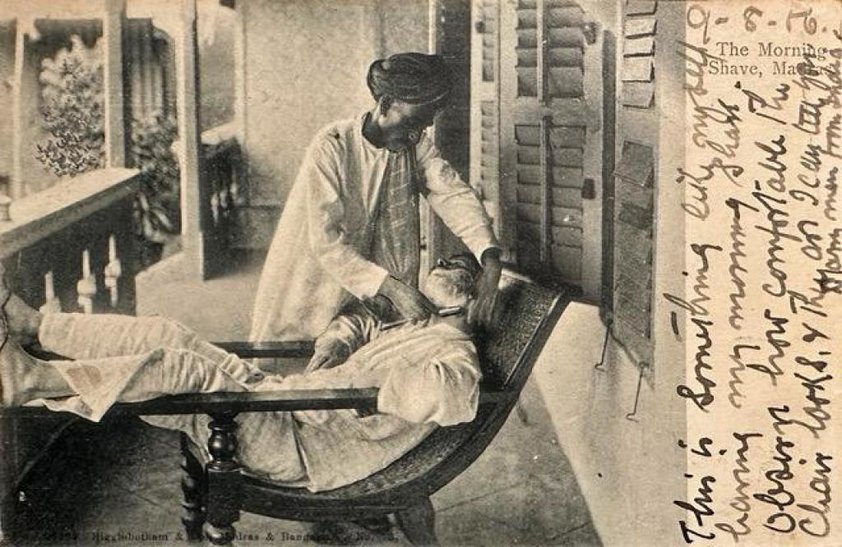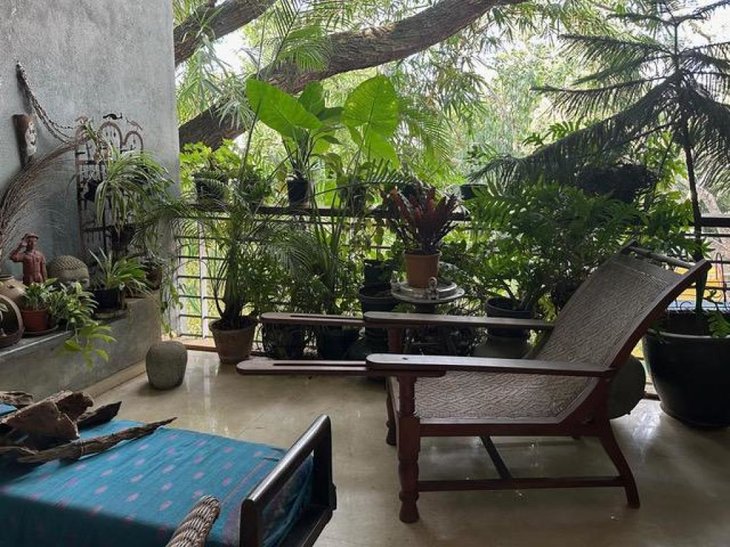Mapping Colonialities
A situated history of the planter’s chair
What stories can a chair tell? What lifeworlds can it reveal?
Mapping Colonialities places the colonial planter’s chair at the centre of an architectural historical inquiry that questions received colonial narratives. Possibly British in origin and introduced in India in the 19th century, this peculiarly shaped, reclined chair circulated the world, crossed colonial and national boundaries, shaping people’s lives and living spaces on its travels. Despite its colonial beginnings, the planter’s chair was not the exclusive seat of the British colonisers. In India it was also embraced by local elites, including the well-known Sassoon and Tata families, as well as others in the industrial and political classes, and even freedom fighters: the anti-colonial Dalit activist B. R. Ambedkar, who drafted the Indian constitution, used a planter’s chair as his reading chair.
In India today, antique examples of the chair can be found in social clubs and boutique hotels, domestic living rooms and verandas, while furniture makers continue to produce them. The chair has even been reinterpreted by contemporary Indian designers, updating its form to appeal to current tastes. Considering its intersections with gender, power, and race, this project explores the planter chair’s changing meanings in diverse localities and times. Situating the chair in different colonial and postcolonial environments through innovative mapping techniques, archival research and oral histories, this project develops a fresh approach to constructing historical narratives of objects and spaces. The research project will result in an article and form the basis for further funding applications.
Facts
| Funder: | NWO |
| Programme: | NWO SSH XS |
| Overall budget: | €50.000,- |
| Grant amount: | € 50.000,- |
| Role TU Delft: | Lead partner |
| Project duration: | August 2023 – August 2024 |
| TU Delft researchers: | Dr. Rachel Lee |
Project partners
Sarita Sundar


